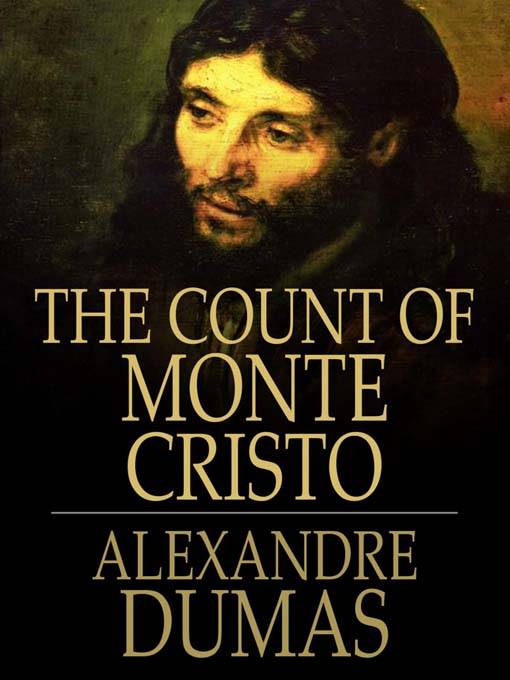Recently, I finished a book called Scorpion Mountain , this is a continuation of a series by John Flanagan. These books consistently relate to historical nations, and continues to add a plot behind each book.
When I started this book, I was immediately struck by the connection between the first series, and recurring characters are now playing in to the plot.
One of the consistently magnificent parts of the book is Hal's genius. He demonstrates knowledge years ahead of his time. His consistent "genius" creates "advanced" technology and is capable of changing many things. Other times, they "turn out terribly wrong" although readers still expect great things out of him.
This book isn't a very interesting book, but is a normal book to continue the series. It didn't feature many plot changing ideas or interesting parts.

